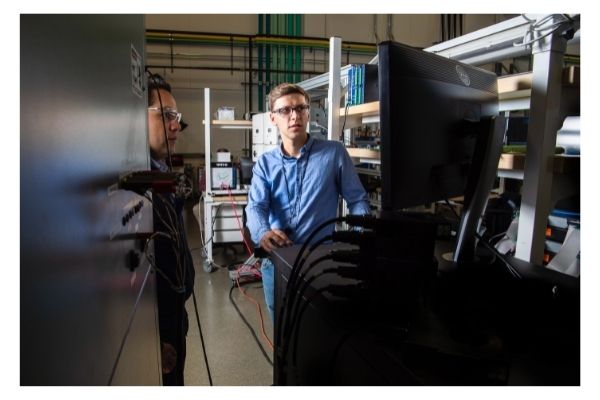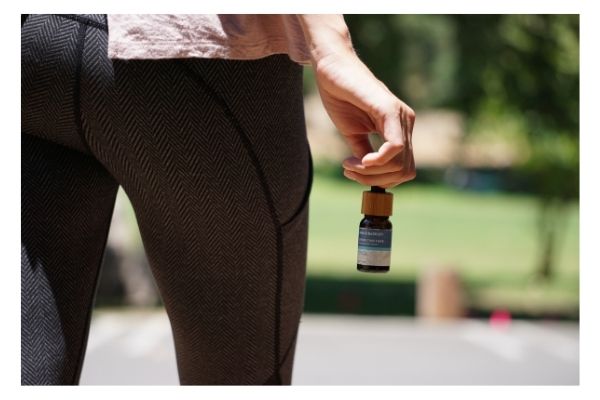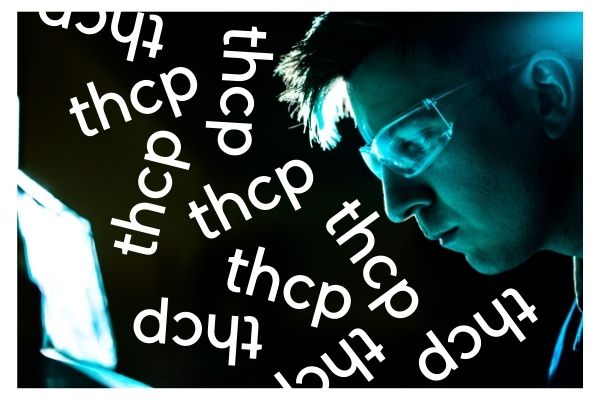This is not a science class. But what the heck is THCP?
You may have heard of THC, but have you heard of THCP?
Probably not. And you’re not alone.
Many other potheads are just now discovering the extensive heap of different compounds that the cannabis plant can yield.
Discovered by Italian researchers, THCP is taking the cannabis industry by storm.
It boasts a chemical structure that’s closely identical to THC. But there’s one significant key difference that potentially makes these new cannabinoids way stronger than THC.
Below, we dive deep into everything you ought to know about THCP, from what it is, how THCP works on your body to the best THCP products on the market right now.
What Is THCP?

Currently, there are slightly over 120 known naturally occurring cannabinoids in the cannabis plant, with cannabidiol (CBD) and tetrahydrocannabinol (THC) being the most prevalent.
Other notable cannabinoids that occur in lower amounts, include Cannabichromevarinic acid(CBC), Cannabigerovarinic acid (CBG), and cannabinol (CBN).
Ideally, most of these cannabinoids were discovered nearly four decades ago.
But in recent years, researchers have been making new and incredible cannabinoid discoveries. Towards the end of 2019, an Italian team made a discovery that is shocking the cannabis world.
Δ9-tetrahydrocannabiphorol, aka THCP is the newest naturally occurring cannabinoid. It possesses seven carbon atoms in its alkyl side chain instead of the five carbon atoms contained in the ordinary THC.
Because of these extra carbon atoms, researchers believe that THCP could be highly intoxicating and more potent than its sibling THC.
How does THCP work on the body?

When the Italian team of researchers tested THCP on human receptors, the seven carbon atoms were found to interact/bind with the cannabinoid receptors in the brain more readily than regular THC.
This essentially makes THCP approximately 30 times more active on the CB1 receptors and up to 5-10 times more active on the CB2 receptors than THC.
To help you understand the increased potency of THCP, we’ll tell one scientific fact; a minimum of three carbon atoms in the alkyl chain is required for any cannabinoid to bind to the receptors in our endocannabinoid system(ECS).
The binding affinity of these carbon atoms to the receptors has its peak at 8 atoms, from where it begins to decrease once more.
Remember that THCP possesses 7 carbon atoms, so it might as well be at the ‘binding affinity peak.’ This explains the stronger and potentially more potent medicinal benefits and euphoric high of THCP.
Note: During this time, the researchers also discovered cannabidiphorol abbreviated as CBDP. Less is known about CBDP, and currently, there's no ongoing research into its effects or potency.
The effects Of THCP

It’s important to note that research and data into the effects of THCP are still very limited. As such, more studies are required in order to make any conclusive claims on THCP and its effects on the human body.
When looking into the effects of THCP on the ECS, the Italian team found that it delivers the same effects as THC only more potent. Some of the psychological effects found included:
- Pain-relieving benefits
- Hypomobility
- Reduced temperatures in the rectum
The best THCP products on the market right now

Though still a very new compound, cannabis brands are showing great interest in THCP.
The THCP products available on the market are relatively few, perhaps due to the lack of enough research into the compound’s long and short-term risks and benefits.
The most popular products right now are THCP gummies. But they come with caution for novices and are recommended for seasoned users.
That’s because THCPs 30× potency can quickly knock a beginner cold even at low doses.
Thank you for reading.
If you found this post helpful, please consider sharing it with a friend.

